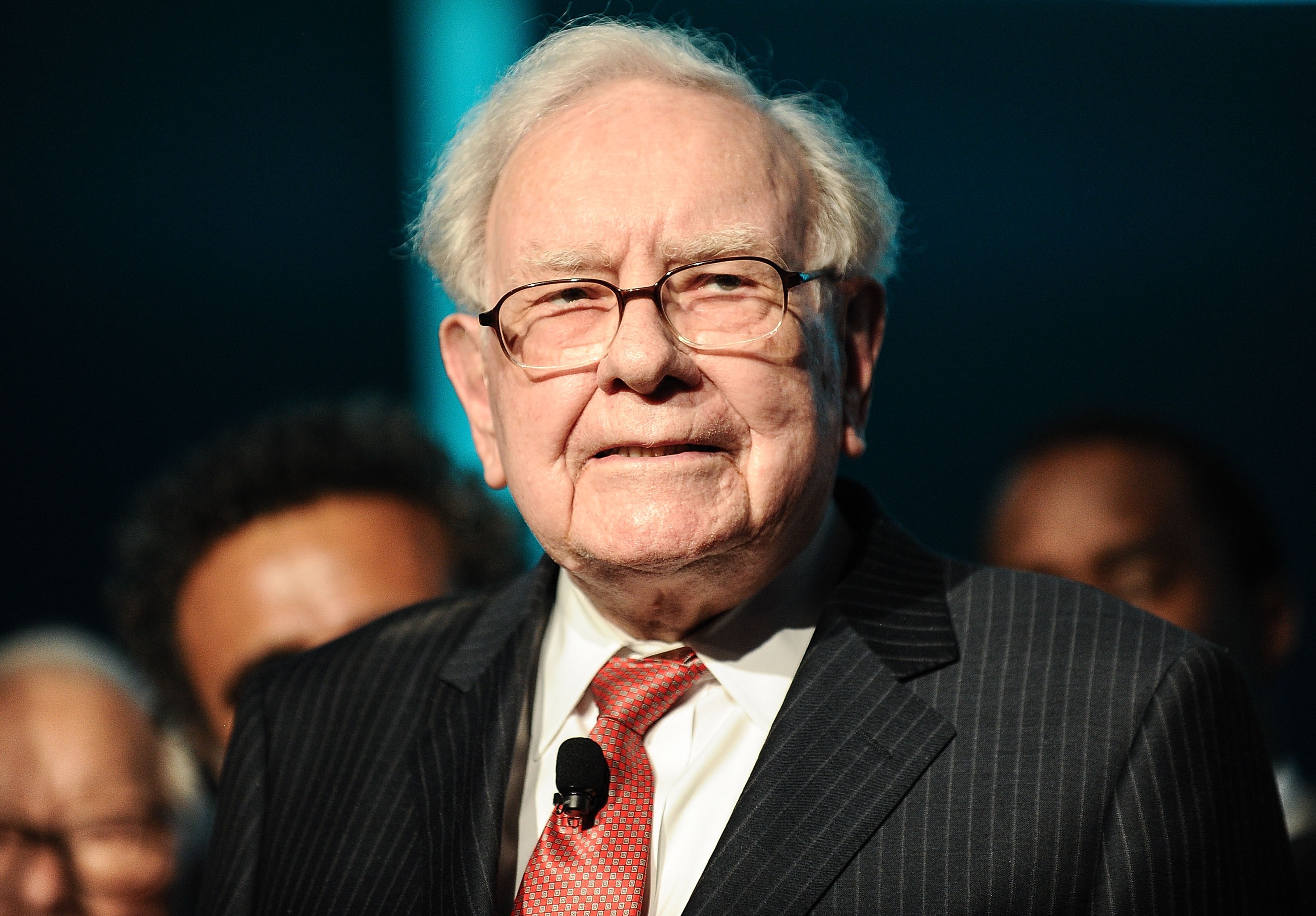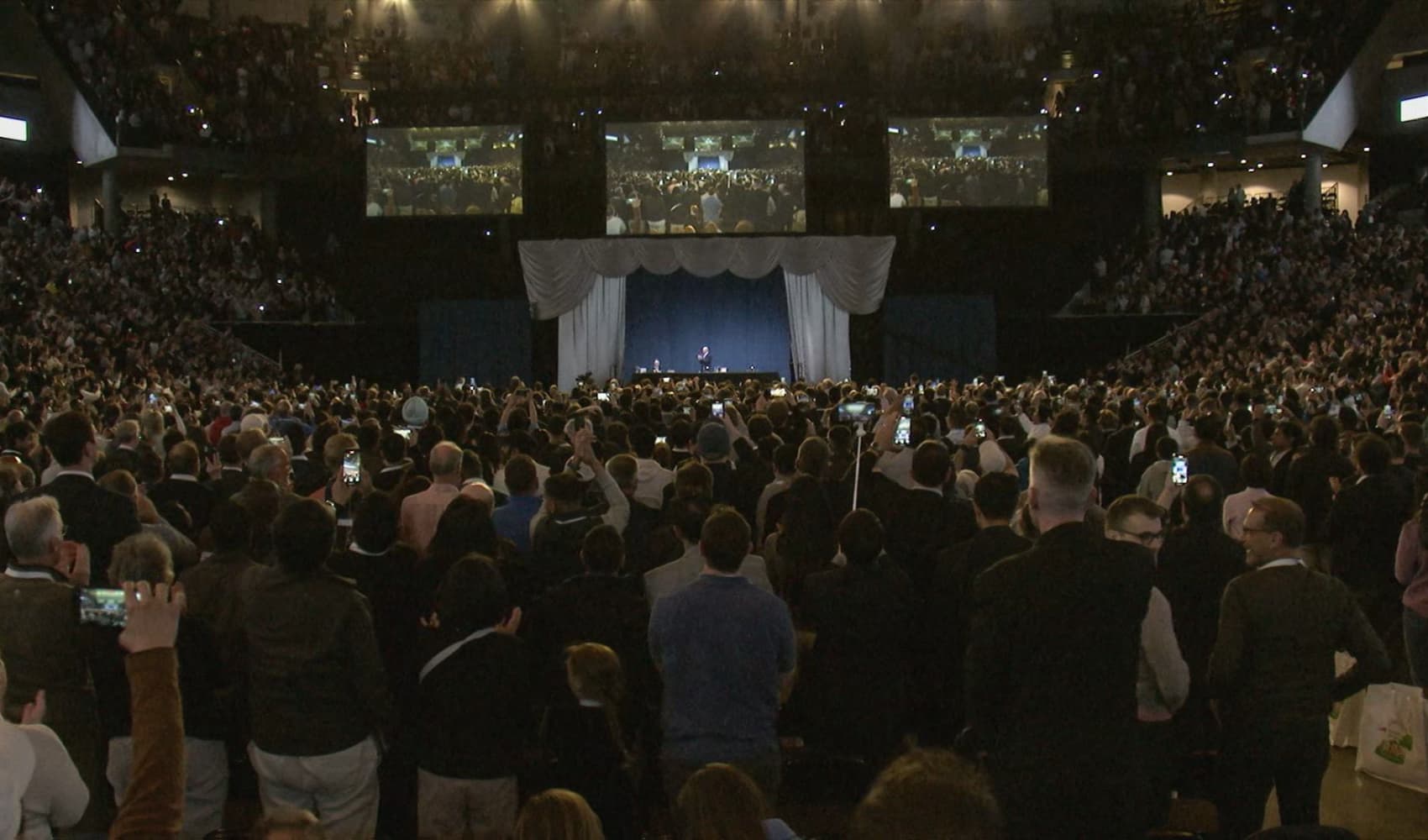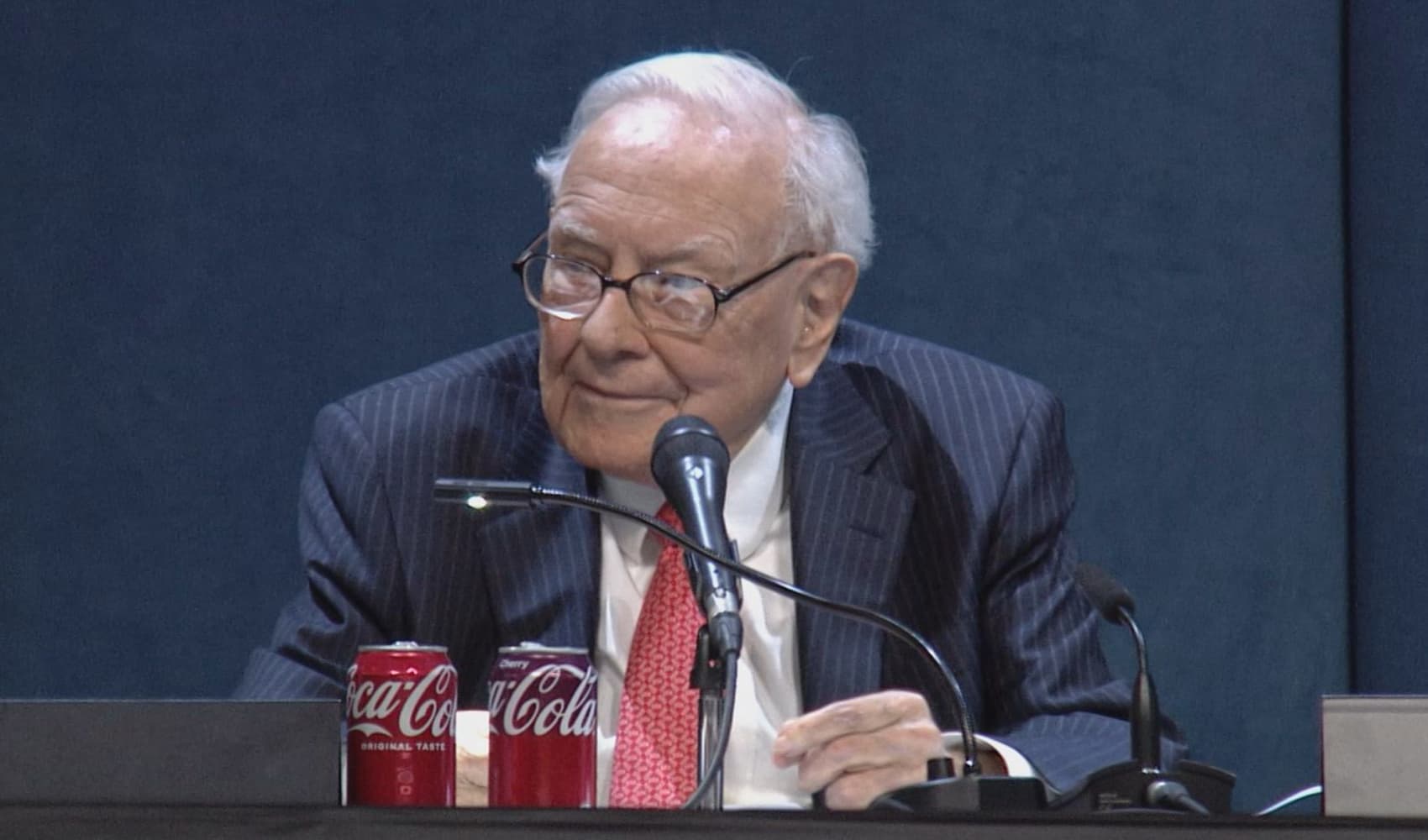Warren Buffett Retires: What It Means for Your Investments
Warren Buffett Retirement Shocks Shareholders: The End of an Era?
A Seismic Shift: Buffett Announces Retirement
The Oracle of Omaha, the legendary Warren Buffett, has just dropped a bombshell that reverberated through the financial world. At the annual Berkshire Hathaway shareholder meeting, Buffett, 94, announced his intention to retire at the end of the year. This marks the end of a remarkable six-decade era, a run that cemented his place as arguably the most influential investor in history. It's like hearing that Mickey Mouse is hanging up his gloves – unthinkable, yet here we are.
The Chosen Successor: Greg Abel Steps Up
Buffett didn't leave shareholders in suspense. He revealed his recommendation to the Berkshire Hathaway board: Vice Chairman Greg Abel should succeed him as CEO. Think of it as passing the baton in a relay race, but this baton represents control of one of the world's largest and most successful companies.
The Announcement: Short and Sweet
“I think the time has arrived where Greg should become the chief executive officer of the company at year end,” Buffett stated plainly. No fanfare, no lengthy explanation – just a straightforward declaration of the next chapter.
Abel's Ascent: A Long Time Coming
Abel has been widely considered Buffett’s designated successor for some time now, already overseeing all of Berkshire’s non-insurance operations. However, the timeline was the real surprise. It was generally expected that Abel would take the reins only after Buffett's passing, not during his lifetime.
The Uncharacteristic Announcement: No Questions Asked
In a move that deviated from his usual open and engaging style, Buffett made the announcement at the tail end of a five-hour Q&A session and declined to take any questions about it. It’s as if he wanted to make sure the news landed before the speculation could take off. Only a select few board members were privy to this monumental decision beforehand.
Why Now? Speculating on Buffett’s Decision
So, why now? This is the million-dollar question (or, more accurately, the billion-dollar question!). While Buffett hasn't explicitly stated his reasons, several factors could be at play.
Ensuring a Smooth Transition
Perhaps Buffett wants to ensure a seamless transition of power while he’s still around to guide Abel. It's like teaching someone to drive – it's easier to do it while you're in the passenger seat, able to offer advice and prevent accidents.
Confidence in Abel's Abilities
Undoubtedly, Buffett has immense confidence in Abel's abilities. He's likely seen Abel's leadership firsthand and believes he's ready to lead Berkshire Hathaway into the future. It's the ultimate endorsement.
The Inevitable Passage of Time
Let's face it, even the Oracle of Omaha isn't immune to the effects of age. While Buffett remains sharp and engaged, he might recognize that the time has come to hand over the reins. It’s simply the natural order of things.
Greg Abel: Who Is the Man Taking the Helm?
For those less familiar, Greg Abel is a highly respected executive with a proven track record. He's known for his strategic thinking, operational expertise, and deep understanding of Berkshire Hathaway's diverse portfolio.
A No-Nonsense Leader
Abel is often described as a no-nonsense leader, focused on results and efficiency. He's the antithesis of a flashy CEO, preferring to let his actions speak louder than words.
Experience Across Diverse Industries
Having managed Berkshire's non-insurance businesses, Abel has experience across a wide range of industries, from energy and railroads to manufacturing and retail. This breadth of knowledge will be crucial in leading the conglomerate.
The Impact on Berkshire Hathaway: What to Expect
Buffett's retirement will undoubtedly have a significant impact on Berkshire Hathaway. The company has long been synonymous with Buffett's name, and his investment philosophy has shaped its success.
Continuity of Core Values
While there will be a change in leadership, it's expected that Abel will maintain Berkshire's core values, including its focus on long-term investing, financial discipline, and ethical conduct. Think of it as upholding the family tradition.
Potential for Evolution
However, Abel may also bring his own unique perspective and strategies to the table. He might explore new investment opportunities or streamline operations in ways that Buffett hadn't considered. Change is inevitable, even at Berkshire Hathaway.
The Future of Investing: A New Chapter Begins
Buffett's retirement also marks the beginning of a new chapter for the investing world. He has inspired countless investors with his wisdom, patience, and value-oriented approach. His departure leaves a void, but it also creates an opportunity for new leaders to emerge.
A Legacy of Wisdom: Buffett's Enduring Principles
Even after he steps down as CEO, Buffett's legacy will continue to influence investors for generations to come. His principles of value investing, long-term thinking, and ethical behavior remain as relevant as ever. His words will still be poured over and quoted as much as ever.
Thank You, Warren: A Toast to an Icon
Warren Buffett's career has been nothing short of extraordinary. He's not just an investor; he's an educator, a philanthropist, and an inspiration to millions. As he prepares to enter a new phase of his life, we offer him our sincere gratitude for his contributions to the world.
Conclusion: The End of an Era, the Dawn of a New One
Warren Buffett's announcement to retire at the end of the year marks the end of an unprecedented era. With Greg Abel stepping up as the likely successor, Berkshire Hathaway is poised to enter a new chapter while upholding the core values that have defined its success. While Buffett's presence will be missed, his legacy of wisdom and ethical investing will undoubtedly continue to inspire and influence the world of finance for years to come. The key takeaway? Change is inevitable, even for the greatest.
Frequently Asked Questions
Here are some frequently asked questions about Warren Buffett's retirement and its implications:
-
What is Warren Buffett's age?
Warren Buffett is currently 94 years old.
-
Why is Warren Buffett retiring now?
While the exact reasons are not fully known, it's likely due to a combination of factors, including ensuring a smooth transition, confidence in Greg Abel's abilities, and the natural passage of time.
-
Who is Greg Abel?
Greg Abel is the Vice Chairman of Berkshire Hathaway and has been designated as Buffett's successor. He currently manages all of Berkshire's non-insurance businesses.
-
Will Berkshire Hathaway's investment strategy change under Greg Abel?
It's expected that Abel will maintain Berkshire's core values and long-term investment approach, but he may also introduce new strategies and perspectives.
-
What will Warren Buffett do after he retires?
While his exact plans are unknown, it's likely that Buffett will continue to be involved with Berkshire Hathaway in some capacity and will continue his philanthropic endeavors.



